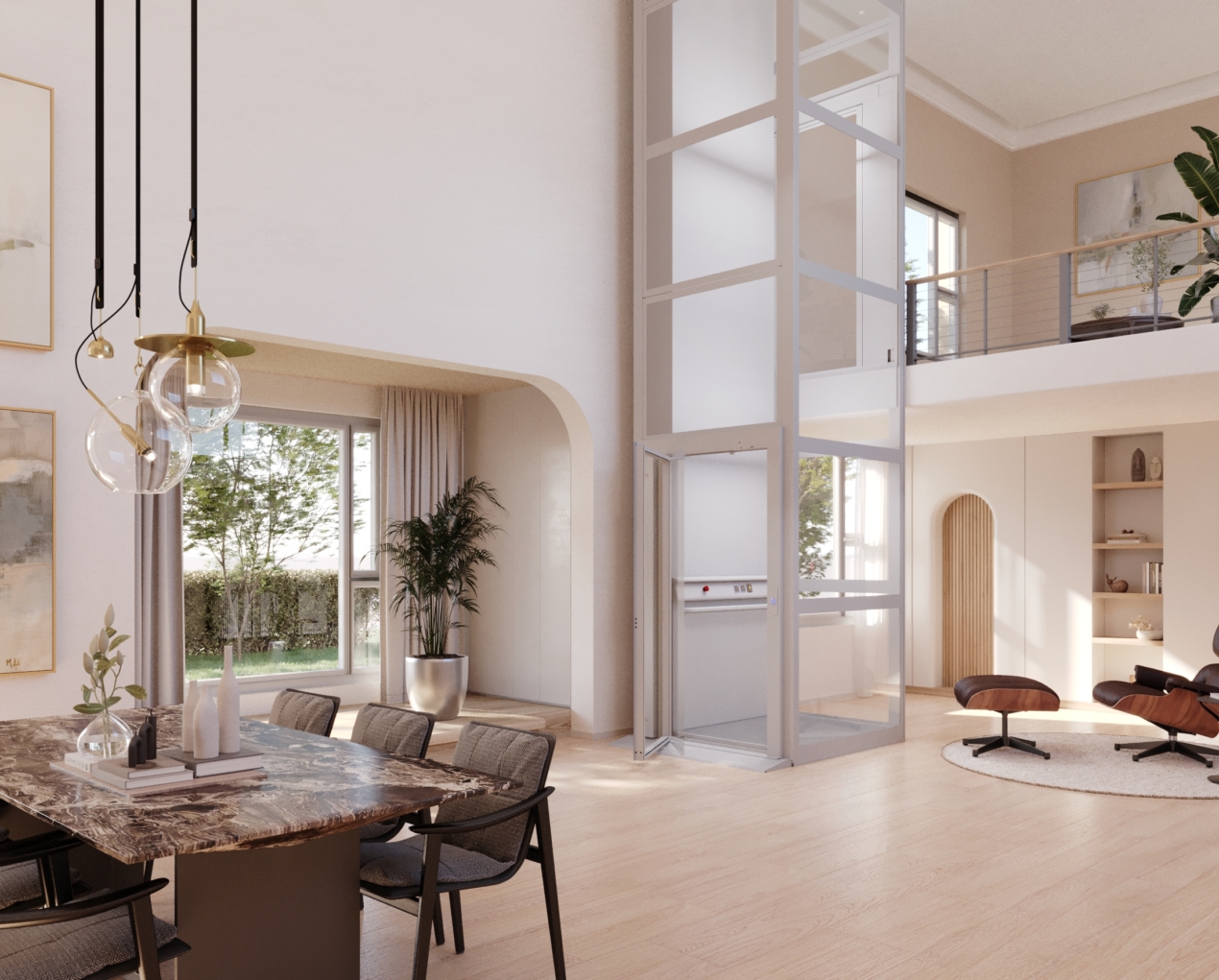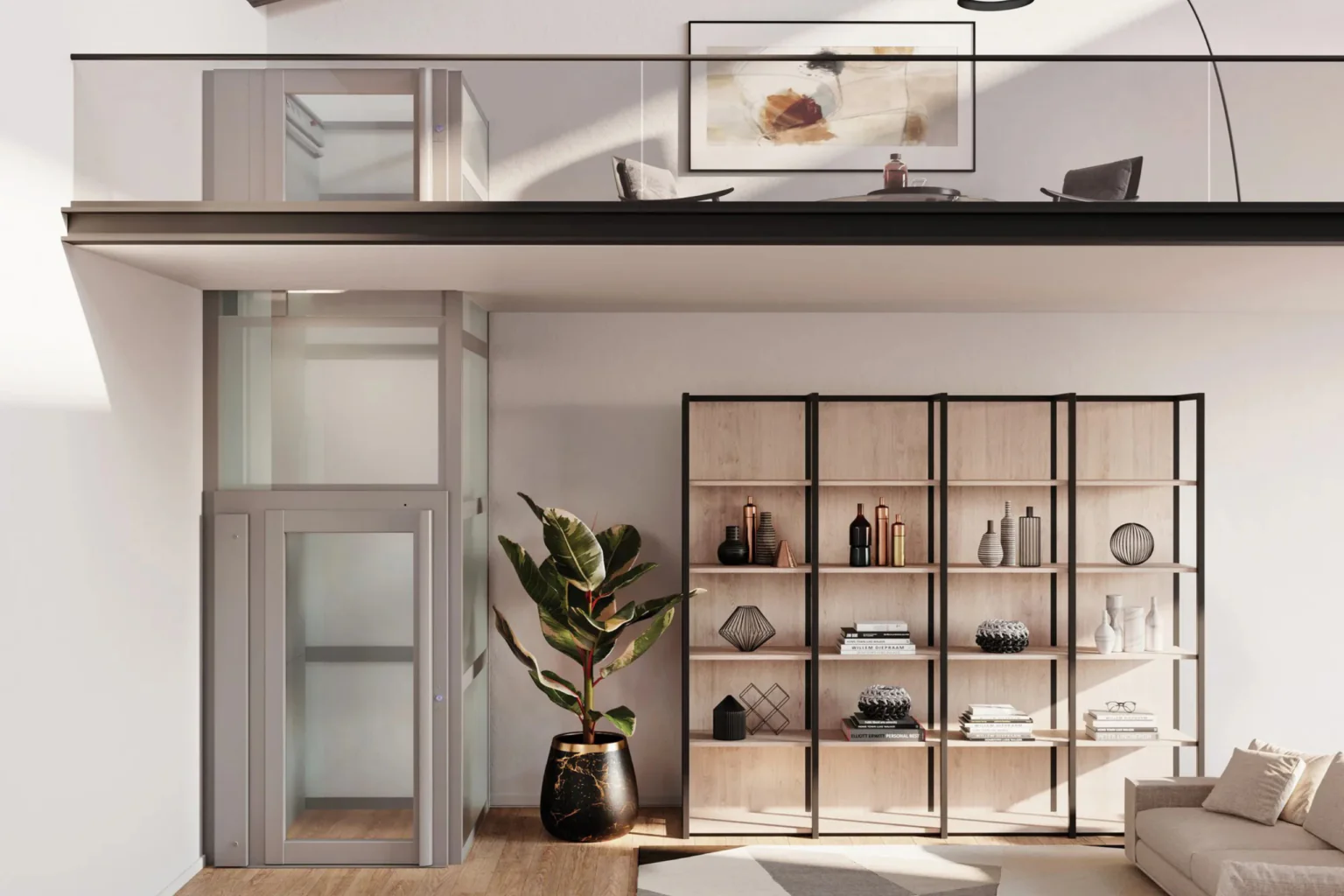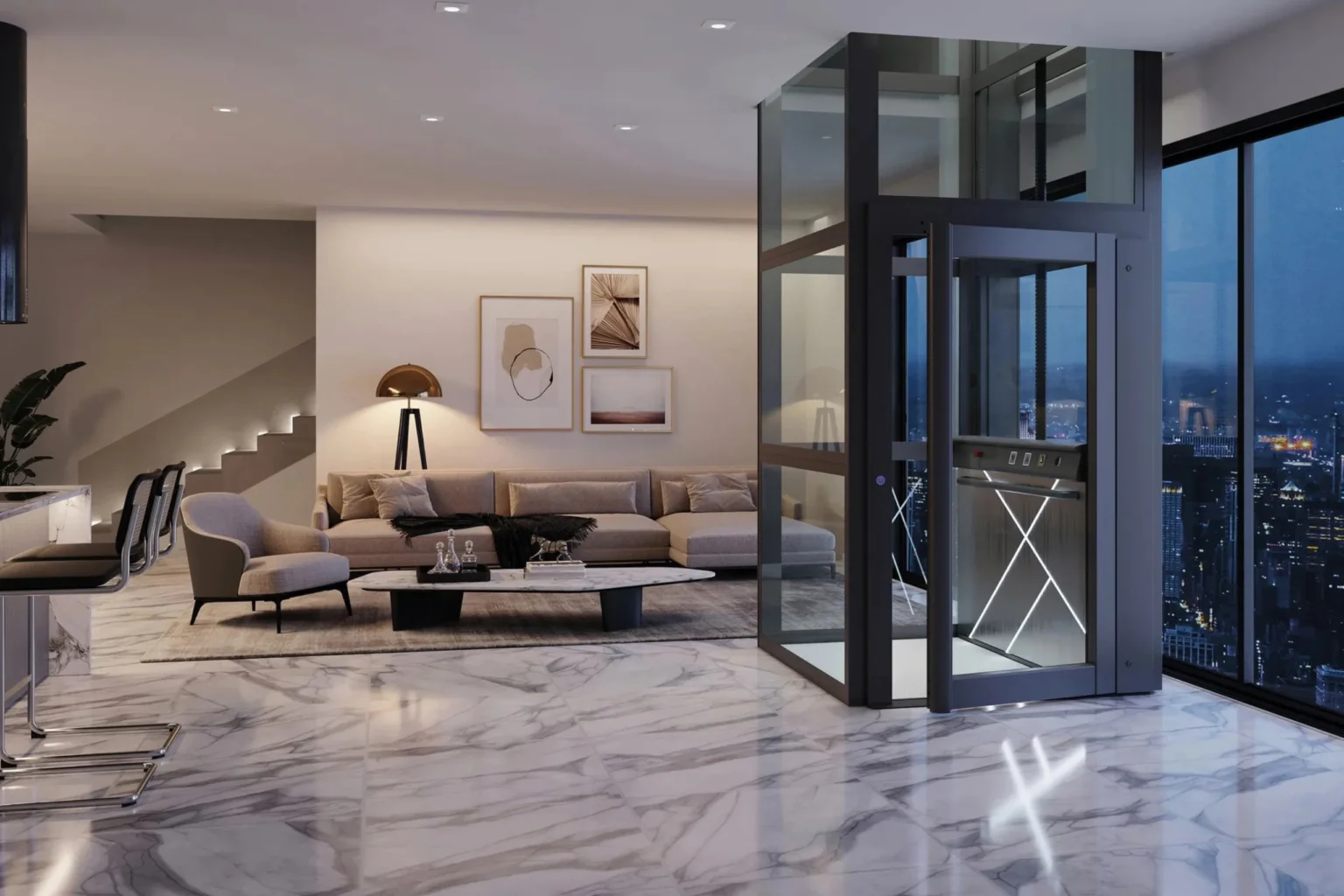Already living in your dream home and now considering adding a home lift? Good news—you don’t need to rebuild or move to make it happen. But before you go shopping, there are a few important things to know. In this guide, we’ll break down the top 5 must-knows before installing a residential elevator in an existing home in India.
Can You Install a Lift in an Existing Home?
Yes, absolutely! Many home elevators are designed specifically for retrofitting. You don’t need a large shaft or major demolition. Compact models like hydraulic or vacuum lifts can be installed with minimal fuss.
Space Requirements
Not all lifts need a dedicated shaft. You can install a home lift in as little as 1 square meter of space. Corner installations, stairwell gaps, and balconies are often used creatively.
Pitless & Machine Room-less Options
Worried about digging a pit or allocating space for a machine room? Choose lifts that offer:
- Zero pit or shallow pit (50–100mm)
- No machine room required
- Plug-and-play installation
Such lifts reduce civil work and save space—perfect for villas and duplexes.
Structural Modifications & Civil Work
While installation is straightforward, some civil work may be needed:
- Reinforcement of floor structure
- Power supply adjustments
- Shaft construction (in some cases)
Recent blog
Cost Considerations
Retrofitting a lift in an existing home costs slightly more due to customization and structural adaptation.
Expect a starting budget of ₹8–₹12 lakhs for basic models, and ₹18–₹25 lakhs for luxury elevators.
Final Thoughts
Adding a home elevator to your existing home isn’t
just about comfort—it’s about long-term accessibility and resale value. With
the right planning and expert installation, your home can reach new heights—literally.
FAQ
Can a lift be installed inside a duplex flat?
Yes, compact lifts can be easily installed in duplex apartments with enough headroom and floor access.
Will installing a lift damage my interiors?
No, with professional installation and minimal civil work, your interiors remain intact.
How long does retrofitting take?
10–30 days depending on the lift model and scope of civil work.



